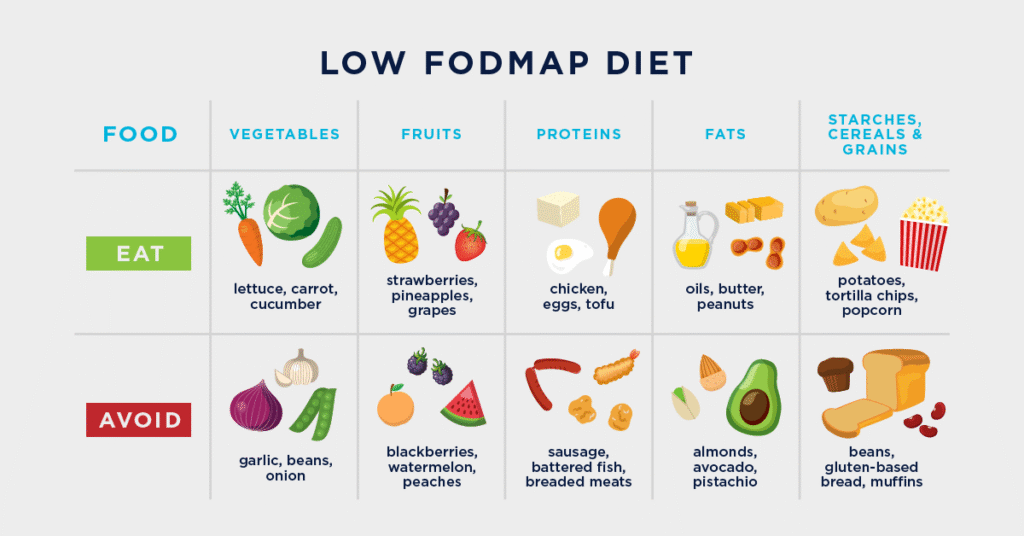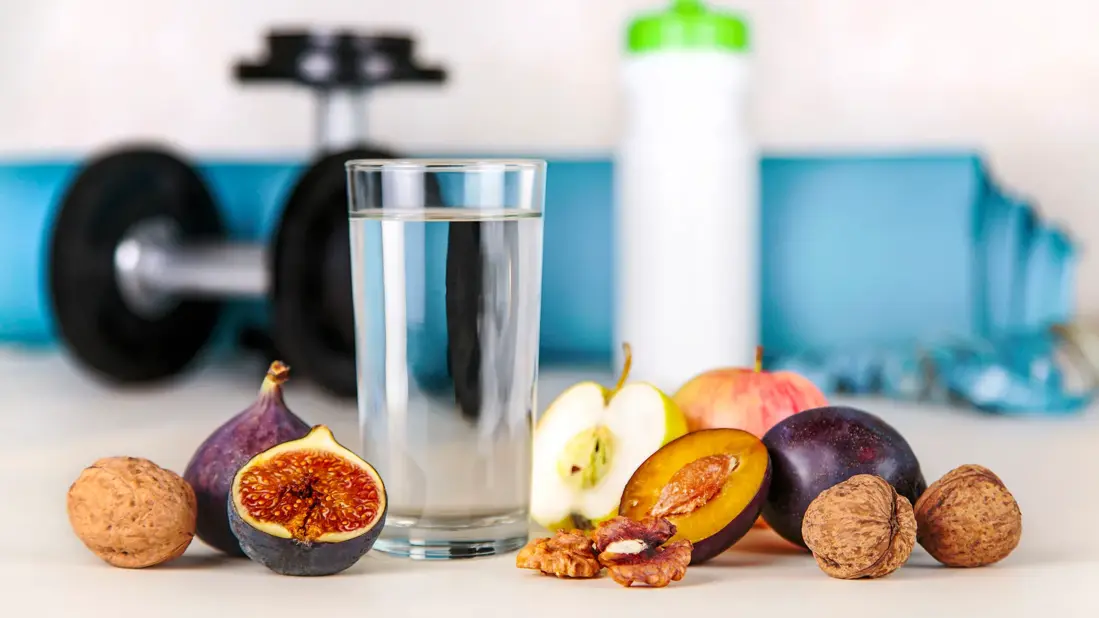Table of Contents
Constipation happens when your bowel movements become less frequent or difficult to pass. For some, it’s occasional. For others, it turns into regular constipation that affects quality of life. The constipation cause can vary—from poor diet and low fiber intake to dehydration, sedentary lifestyle, stress, medications, or imbalanced gut microbiota. If you’re struggling with bad constipation or just want to improve your bowel health, these nine natural remedies can make a real difference.
Let’s explore what actually works when it comes to managing constipation naturally.
1. Increase Fiber Intake with the Right Foods
One of the most effective ways to help constipation is by adding more fiber to your diet. Fiber adds bulk and softens the stool, making it easier to pass. There are two main types: soluble and insoluble fiber. Soluble fiber absorbs water and forms a gel-like substance that helps with stool formation, while insoluble fiber keeps things moving through your digestive system.
Great foods to aid constipation include:
- Oats and chia seeds (soluble fiber)
- Whole grains, bran, and brown rice (insoluble fiber)
- Fruits like pears, apples, and berries
- Vegetables such as spinach, broccoli, and carrots
If you’re wondering “If you are constipated, what should you eat?”—fiber foods for constipation are your best bet. But go slow if you’re not used to high fiber—sudden increases can cause bloating.
Read Also: 10 Fiber Rich Fruits for Constipation Relief That Work Naturally
2. Stay Hydrated with Plenty of Water
Water for constipation might sound too simple, but it’s incredibly effective. Fiber can only do its job when it has enough water to absorb. Dehydration makes stools hard and difficult to pass. Aim to drink at least 8 glasses a day, and increase your intake if you’re eating more fiber-rich foods.
Hydration is key for overall digestive system health. So if you’re struggling with hard stools or constipation signs, drink up, your gut will thank you.
3. Try Probiotic-Rich Foods and Supplements
Your gut microbiota—the community of good bacteria in your intestines—plays a major role in bowel health. When your gut bacteria are balanced, your digestive system runs more smoothly.
Probiotic-rich foods like yogurt, kefir, sauerkraut, and kimchi can help. You can also take probiotic supplements for gut health, especially if you’ve taken antibiotics recently or have IBS. Wondering about probiotics when to take? They’re usually best taken on an empty stomach in the morning or before bed for maximum benefit.
A healthy gut microbiome supports more regular, comfortable bowel movements and reduces the chance of irritable bowel movement flare-ups.
4. Move Your Body Daily
Physical activity is one of the best natural remedies for constipation management. It stimulates your digestive system and encourages regular bowel function.
Simple exercise for bowel movement can include:
- Walking after meals
- Gentle yoga or stretching
- Light jogging
- Core strengthening
If you’re looking for exercise to relieve constipation immediately, try yoga poses like wind-relieving pose (Pawanmuktasana) or a brisk 15-minute walk after eating.

5. Sip Coffee
Coffee for constipation? It works for many people. Coffee stimulates the muscles in your colon, encouraging increased bowel movements. The caffeine also increases peristalsis, which is the wave-like motion of the intestines.
Just be careful not to overdo it, especially if you’re sensitive to caffeine or prone to dehydration. And try to drink it with breakfast to support your body’s natural rhythm.
6. Consider Psyllium Husk and Other Fiber Supplements
If dietary changes aren’t enough, fiber supplements can provide extra support. Psyllium fiber for constipation is one of the most effective bulk-forming options. It absorbs water and forms a soft, gel-like mass that’s easy to pass.
There are also insoluble fiber supplements for constipation, but these work best when combined with adequate fluid intake. Always start with a low dose and increase gradually to avoid bloating or discomfort.
7. Use Magnesium Citrate as a Gentle Support
Magnesium citrate supplement for constipation is a natural osmotic laxative that draws water into the intestines, softening stool and promoting movement. It’s a safe and effective short-term solution for occasional constipation, especially if you’re feeling really backed up.
Consult your healthcare provider before using it regularly, especially if you’re pregnant, have kidney problems, or are on medications.
8. Low FODMAP Diet
If you’re dealing with IBS-related constipation, the IBS low FODMAP diet can be a game-changer. This plan eliminates certain fermentable carbs that can trigger bloating, gas, and irregular stools.
Common low FODMAP diet vegetables that are constipation-friendly include zucchini, carrots, spinach, and green beans. This approach can improve both gut health and bowel movements, especially for people with irritable bowel issues.

9. Make Lifestyle Tweaks That Support Digestive System Health
Your daily habits have a big impact on how your digestive system functions. A diet to improve constipation should be rich in whole foods and low in processed ones. Sitting down for meals, chewing slowly, and listening to your body’s natural urges are all important for long-term success.
Avoid ignoring the urge to go, and create a relaxed environment for bathroom time. Stress management and sleep quality also play a role in digestive system health and regularity.
Read Also: Top 10 Natural Ways to Help Constipation Using Gentle Laxatives That Actually Work

